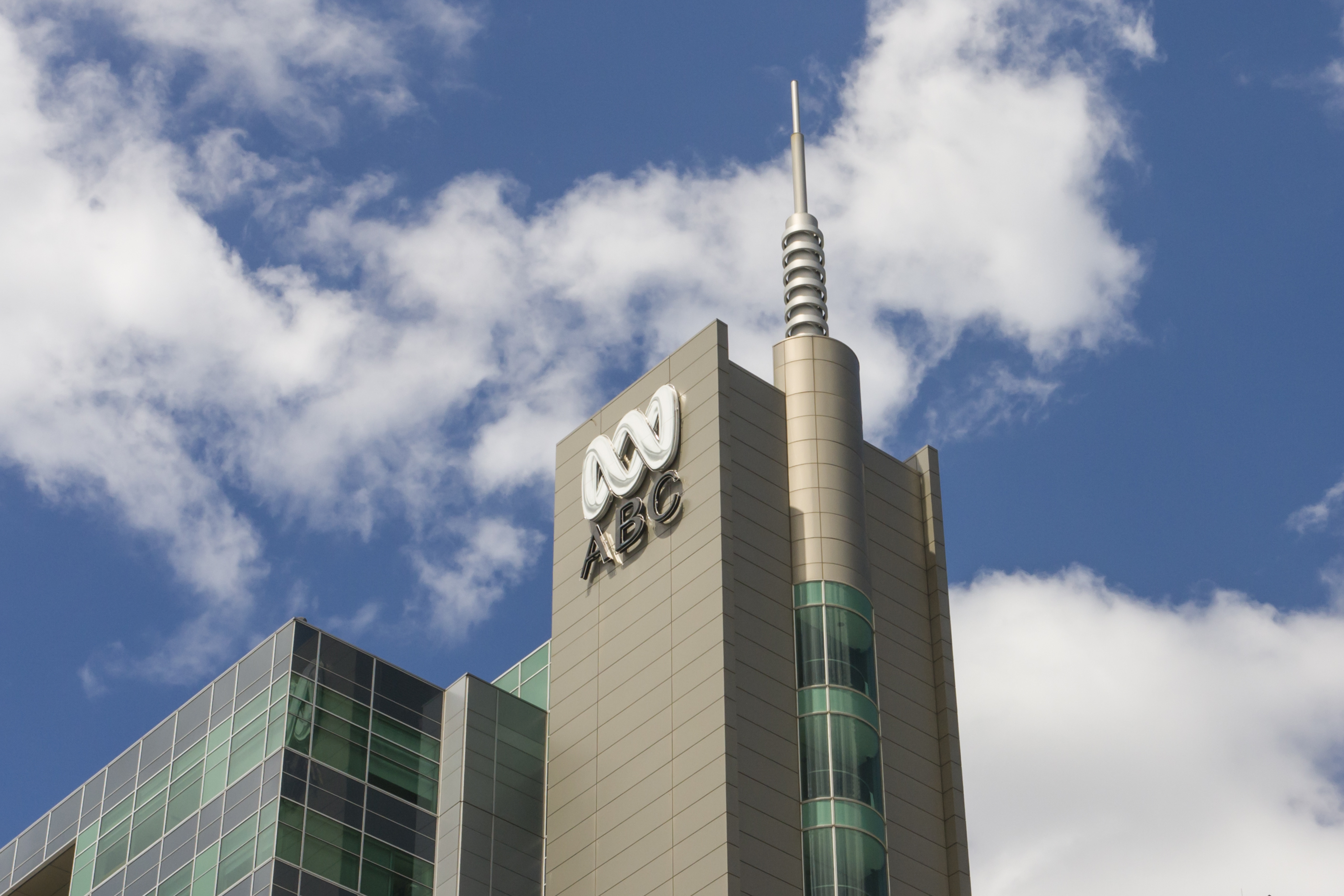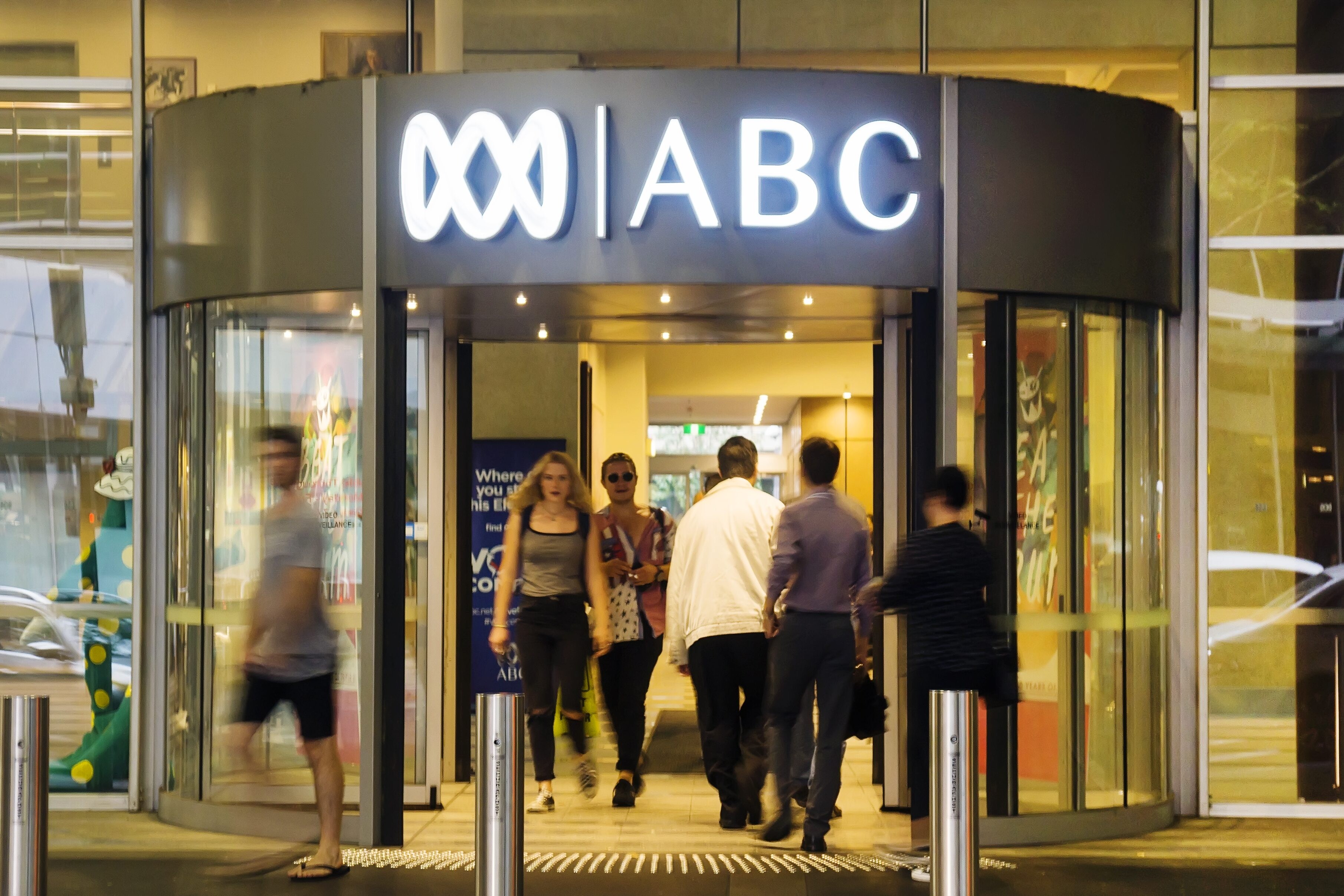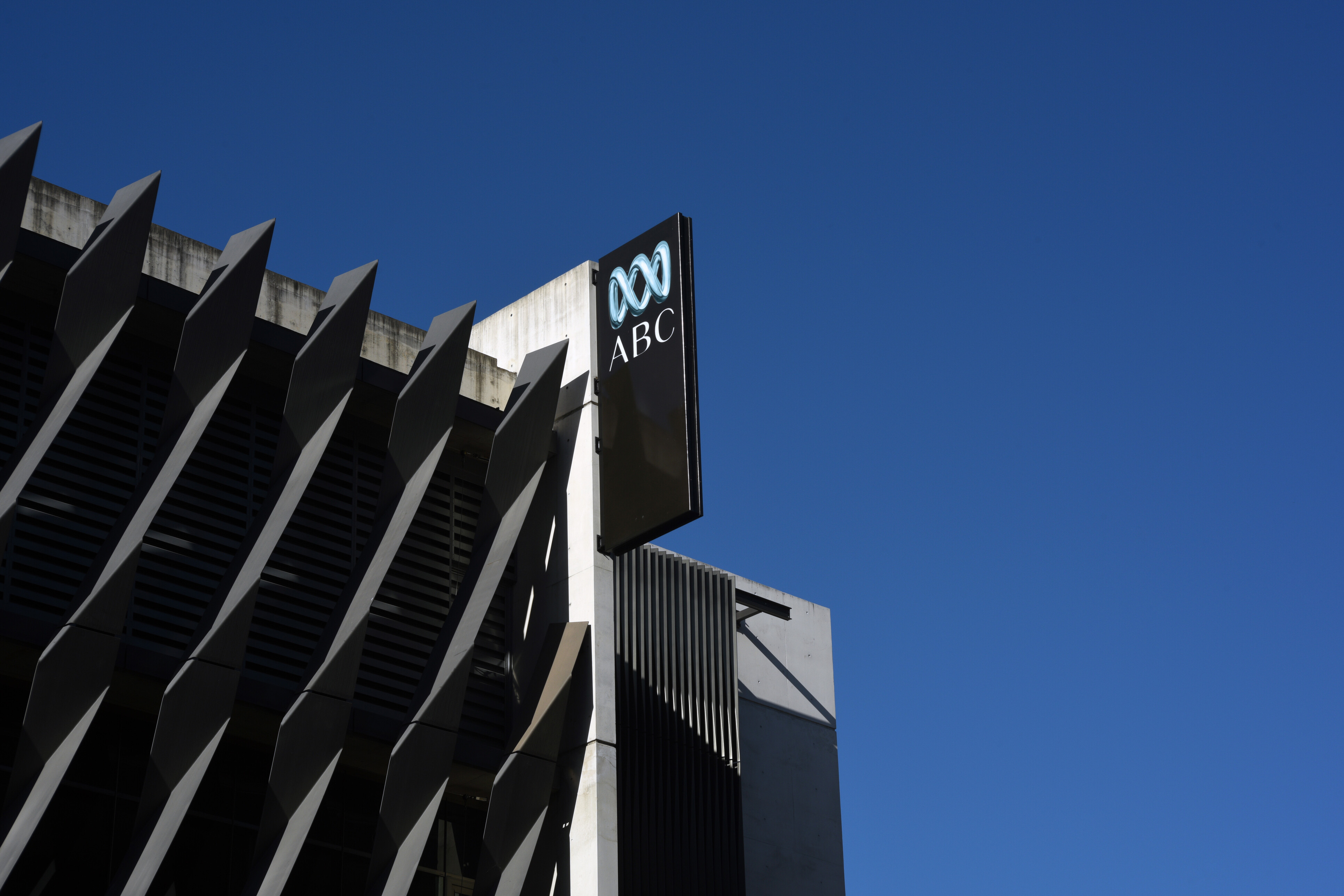By Kristian Porter
The validation of a warrant used to raid ABC’s headquarters last June is another blow to media freedom in Australia and an assault on public interest journalism.
The Australian Federal Police (AFP) raided the Sydney headquarters of the Australian Broadcasting Corporation (ABC) last June in search of computer files associated with a series of investigative reports called the Afghan Files.
The reports from 2017 revealed allegations of unlawful killings and misconduct committed by Australian troops in Afghanistan, which were largely based on leaked documents from the Defence Department.
The unprecedented raid led to an outcry from the public, civil society organisations and politicians alike in defence of media freedom and public interest journalism in Australia.
But now, following a lengthy legal challenge, the public broadcaster has decided not to appeal the validation of the warrant.
In a statement explaining the broadcaster’s decision, ABC’s Managing Director David Anderson said:
“The AFP raid was an assault on public interest journalism and the Federal Court ruling was a blow to media freedom and democracy in Australia. But we don’t believe we can litigate our way to reforming fundamentally bad laws.”
“Australia’s regime for issuing search warrants fails to adequately protect whistleblowers and public interest journalism. We lag behind comparable western democracies and these events have been the subject of significant international criticism.”
The validation sets an alarming precedent for journalists and the prospect of a transparent and open society in Australia. In particular, there are fears that the decision will encourage more journalists to self-censor when producing investigative reports, especially those holding power to account.
Australia’s regime for issuing search warrants fails to adequately protect whistleblowers and public interest journalism.
In an attempt to quell fears last week, the AFP and Department of Home Affairs jointly submitted a proposal to the Federal Parliament’s press freedom inquiry, which suggested sending journalists a “notice to produce documents” instead of police raids. It also suggests offering media organisations and journalists the opportunity to challenge any notice on “public interest grounds”, according to The Sydney Morning Herald.
However, the proposals have been met with significant scepticism from media organisations as they offer no clear way to contest warrants if the police chose to use them, and propose no limit on the ability of law enforcement to apply for search warrants.
There is now considerable concern that despite the press freedom inquiry and legal challenge by the ABC, that laws will not be suitably adapted to protect and ensure the safety of public broadcasters and journalists in their role of holding power to account.
In a statement, ABC Chair Ita Buttrose said: “Supporting media freedom doesn’t mean making allowances for journalists to break the law – it means having laws that allow journalists to safely do reporting in the public interest.
“None of us wants Australia to be a secretive state where journalists and whistleblowers can be threatened with charges over stories that we have the right to know.”
The Public Media Alliance stands in support of the ABC and its fundamental role as a pillar of democracy, whereby it is able to ensure that the public have access to accurate, accountable and independently sourced news and information.
The AFP investigation into the reporting by Dan Oakes and Sam Clark, which contributed to the Afghan Files, continues.
Header Image: People entering and leaving the Australian Broadcasting Corporation (ABC) Centre in Ultimo, Sydney. Credit: kokkai/iStock
Related Posts
17th February 2020
Warrants used to raid ABC valid, says court
Statement on Federal Court ruling from…
9th August 2019
Update | Another government agency involved in ABC raid?
As the parliamentary inquiry into the…
24th June 2019
Update | ABC lodge application to set aside warrant
The ABC lodged a court application to…


